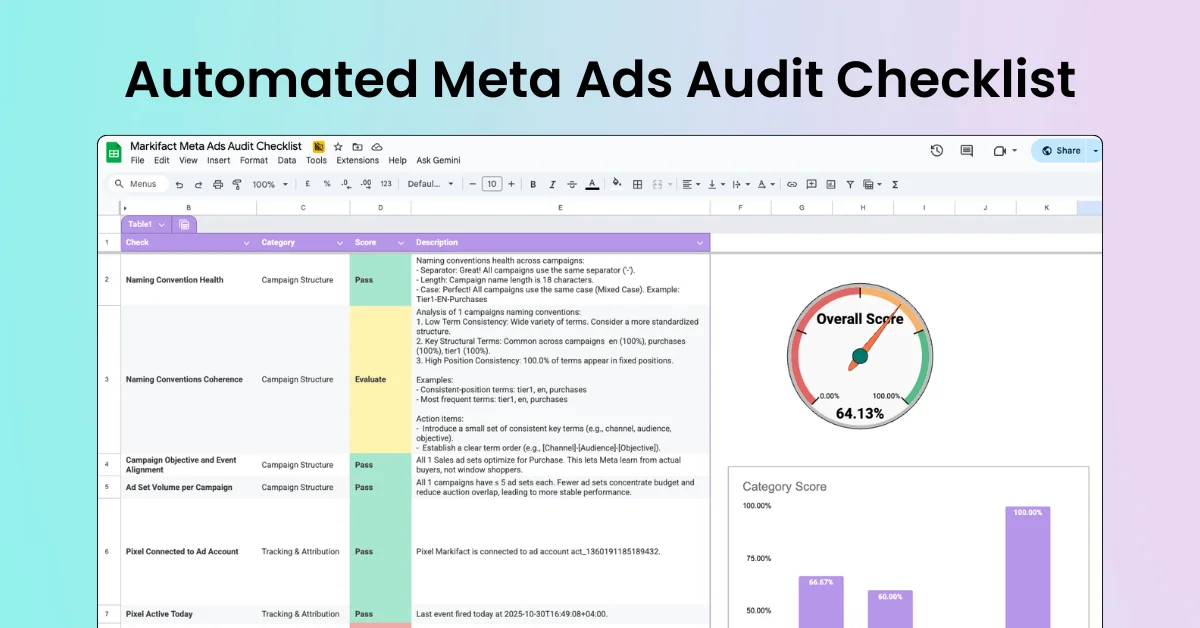Google Merchant Center recently removed the term "Feeds" from its interface, surprising many in the advertising and ecommerce sectors. Traditionally, "Feeds" referred to structured data provided by merchants, such as product catalogs and promotional updates. This change signals a strategic shift by Google to prioritize its own data collection and algorithms over merchant-provided information.
Key Changes
- Renaming Feeds: Feeds are now called "data sources" and are less prominently featured in the settings section.
- Data Sources: There are now two categories: "Provided by you" and "Provided by Google," indicating a shift away from merchant-controlled data.
- Historical Context: Similar changes have occurred before, such as Google AdWords becoming Google Ads in 2018, which marked a shift towards algorithmic control over keyword matches.
Implications
- Algorithmic Control: Google Merchant Center will now pull data directly from merchant websites and apps, reducing reliance on manually uploaded feeds.
- Industry Impact: This change affects companies specializing in feed management, such as Feedvisor and Feedonomics.
- Data Interpretation: Google aims to provide more actionable insights rather than raw analytics, similar to changes seen in Google Analytics (GA4) and Performance Max.
Expert Opinions
- Mike Ryan: Emphasizes the strategic shift in Google's approach, valuing its own data over merchant-provided feeds.
- Kirk Williams: Notes that while feeds are not entirely gone, the focus is shifting towards automated data absorption from merchant sites.
Google's move to de-emphasize "Feeds" in favor of "data sources" reflects a broader trend towards algorithmic control and automated data collection, impacting how advertisers and ecommerce professionals manage their data and campaigns.


















